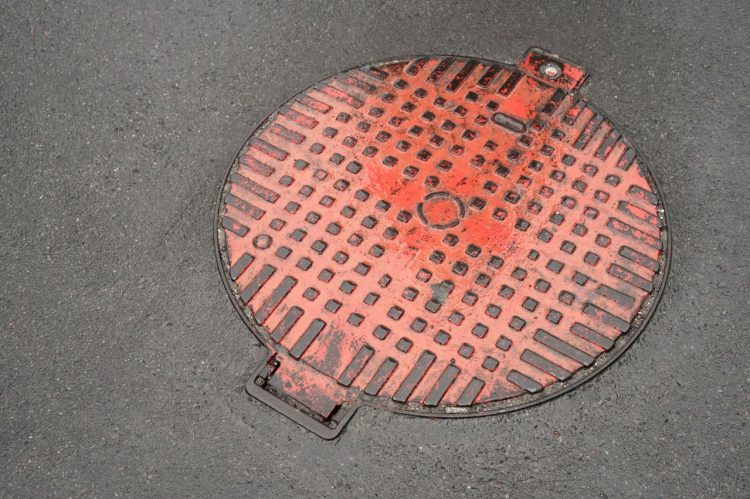Even though blocked drains and leaky pipes can seem to be relatively minor problems at first, they can quickly escalate into costly problems if they are not handled. Clogged drains may result in undesirable side effects, including slow water drainage, sewage backup, corrosion, and flooding. The cost of repairs is likely to be relatively high in situations like these.
Clogged drains are a typical issue in residential settings, whether due to a lack of expertise or improper maintenance. The first step in avoiding future drain blockages is to understand the factors that contribute to clogged drains. In this article, we’ll look at the most typical reasons why drains get clogged.
1. Mineral Buildup
The presence of hard water increases the likelihood that dissolved minerals may concentrate and form insoluble aggregates, which can lead to clogged drains. There are occasions when it is impossible to prevent the buildup of minerals. On the other hand, you may want to consider installing a water softener in your home if the water in your area comes from a high mineral content source. Regular descaling and silt removal may be necessary if this does not work.
2. Hair Buildup
Hair buildup is also a common cause of blocked drains, especially in the bathroom, since this is where most of us wash our hair and undertake other hair-related maintenance. Clogs in the bathroom sink occur when hair and animal afar combine with grease and other sticky substances. It is a common practice for pet owners to bathe their animals in bathrooms, particularly in the colder months. While cleaning your pet in the bathroom is not strictly forbidden, lengthy hair might clog the bathroom sink if you do.
Given that it’s very improbable that your bathroom drain would be completely devoid of hair, installing drain guards that trap hair is your best bet for avoiding clogged drains. These guards need to be cleaned regularly.
3. Food Waste
The majority of the time, food scraps are the cause of a blocked kitchen sink. Even if your sink has trash disposal, you should still avoid flushing food scraps down the drain. Despite this, fatty substances like cooking grease or even dried tea leaves might eventually harden and form a clog.
When washing vegetables, fruits, meat, or poultry in the sink, it’s important first to use a tissue to soak up any extra oil. Prepare a spot for food scraps by establishing a compost bin.
4. Dirt
Why would there be drains if it wasn’t to flush things away? One common misconception is that dirty laundry should be thrown down the drain with the rest of the household’s dirty laundry. However, if you have a lot of extra debris, such as mud, on your clothing, it might accumulate and eventually clog your drains. Before diving blindly into the bathroom sink, shower or bathtub, ensure you’ve washed off all the muck and filth from your clothing and body.
5. Toilet Paper Buildup
The use of restroom paper should not be a problem if it is kept to a reasonable minimum. But if you use too much toilet paper at once, it might become stuck and prevent the toilet from flushing. If the toilet can still flush water, try using a plunger or toilet auger; otherwise, call a drain cleaning service.
Another word of caution: quilted toilet paper is more harmful and often causes clogs in drains, so it’s best to avoid it if you can.
6. Cotton Products
Cotton swabs, wipes, diapers and sanitary products of any kind should not be flushed down the toilet. These items do not disintegrate and pose a serious clogging risk to drainage systems. Products such as tampons can swell up to 10 times the original size as they soak up more liquid. If you must dispose of them, do not flush them down the toilet; instead, put them in a trash can.
7. Soap
It’s surprising that soap may clog pipes, too. Unfortunately, it’s the truth. Fats and minerals included in soaps may build up over time. This is referred to as soap scum or soap residue. Your washing machine, toilet, and shower drains may get clogged. Even worse, soap scum often mixes with hair and mineral buildup serious drain blockages. Soap-free washing is recommended to prevent drain clogging. If this isn’t an option, pressure cleaning can get rid of soap residue, but it should be left to professional drain unblocking services.
Give Drainage Care a Call
A blocked drain may be an enormous hassle. Now that you know what often causes drain blockages, you can take measures to reduce the frequency with which your drains become backed up. But if you’re experiencing difficulties with blocked drains in Salisbury or require emergency drainage services, don’t hesitate to contact Drainage Care UK. Their name is well-known and respected, and have a stellar reputation.





